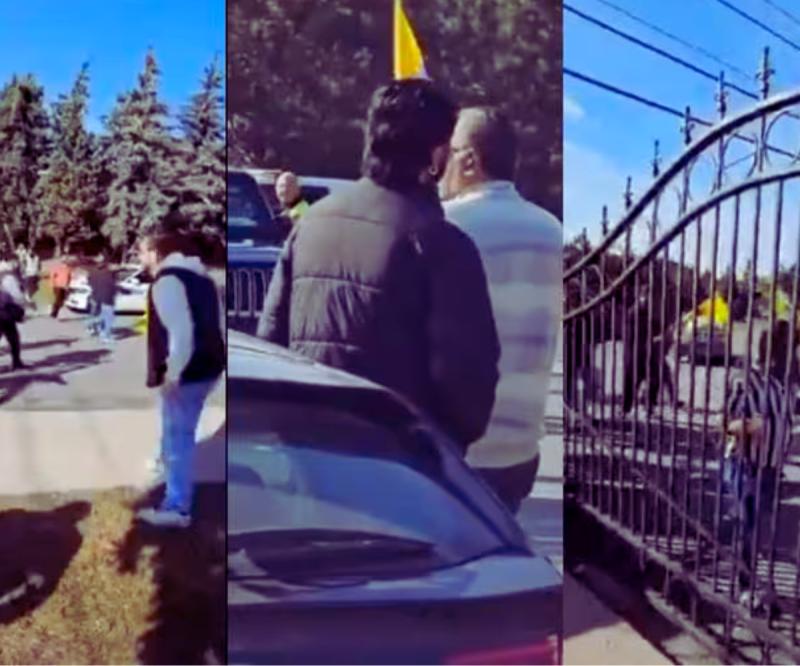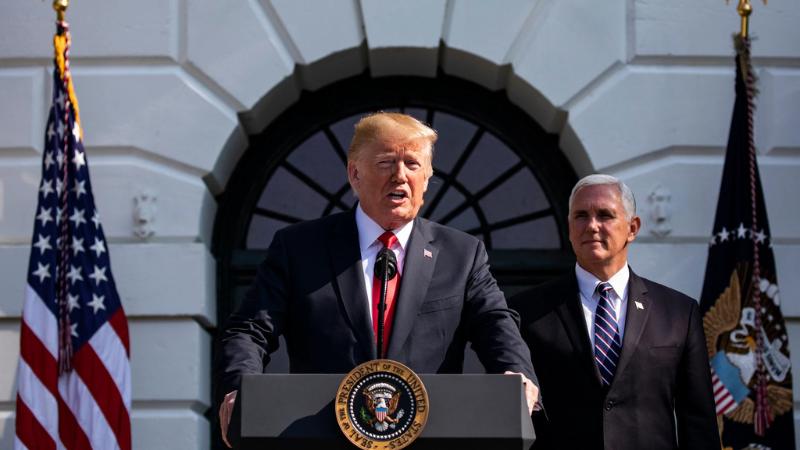
The recent increase in scrutiny of Green Card holders in the United States has raised concerns among Indian immigrants and their families. Indians make up the second-largest group of individuals gaining US citizenship or Green Cards, with 49,700 Indians naturalized in FY 2024, accounting for 6.1% of new US citizens. However, a growing number of incidents involving detentions, secondary inspections, and even deportations have sparked fear and confusion among Indian Green Card holders in the US. For Indian residents navigating uncertain immigration circumstances, understanding their rights, responsibilities, and available legal recourse is crucial.
Rights and Responsibilities of Green Card Holders
A US Green Card, also known as a Permanent Resident Card, grants lawful permanent resident (LPR) status, which provides specific rights and obligations.
Green Card holders are legally permitted to:
- Live permanently in the United States, provided they adhere to immigration laws
- Work legally in any occupation for which they qualify, though some security-related jobs are restricted to US citizens
- Return to the United States after traveling abroad, but may face inspection by Customs and Border Protection (CBP) officers to verify eligibility
- Receive protection under US laws and access the court system
In addition to these rights, Green Card holders are expected to comply with specific responsibilities:
- Obey all federal, state, and local laws in the US
- File income tax returns and report their income to the Internal Revenue Service (IRS) and state tax authorities
- Support the democratic form of government in the US, although they cannot vote in federal or local elections
- Male Green Card holders aged 18 to 25 must register with the Selective Service for potential military conscription
If a Green Card holder’s visa status is challenged or revoked, they may request reconsideration at the issuing consulate or apply for a waiver in cases of inadmissibility. Challenging the decision in federal court is also an option in certain circumstances.
Risks of Green Card Revocation and Deportation
While a Green Card provides permanent residency, it is not immune to revocation. Immigration experts warn that several legal violations can jeopardize a person’s Green Card status.
Common reasons for Green Card revocation include:
- Conviction for crimes such as drug abuse, fraud, or violent offenses
- Participation in immigration fraud, such as fraudulent marriages to obtain residency
- Extended stays outside the United States, which may signal to authorities that the Green Card holder has abandoned their US residency
- Suspected involvement in terrorism or supporting terrorist organizations
In cases where deportation proceedings are initiated, Green Card holders are served a notice to appear before an immigration judge. While facing these legal challenges, individuals may pursue several recourse options, including legal representation, filing appeals, or seeking waivers to challenge removal orders.
Concerns Over Rising Scrutiny at US Airports
Recent reports have highlighted growing concerns about elderly Indian Green Card holders facing heightened scrutiny at US airports. A Times of India report indicated that immigration attorneys have witnessed increased questioning, particularly for elderly Indian immigrants who have spent extended periods outside the United States. According to Florida-based immigration attorney Ashwin Sharma, some elderly Indian Green Card holders have reportedly been coerced into signing Form I-407, which is a document confirming the "voluntary" surrender of permanent residency. This form can be used to relinquish Green Card status, potentially resulting in deportation or denial of re-entry to the United States. For Indian Green Card holders concerned about their immigration status, knowing their rights during CBP inspections is essential. Travelers should understand that signing Form I-407 under pressure may lead to unintended consequences, and individuals have the right to request legal representation before making critical decisions that affect their residency.
Maintaining Legal Residency and Avoiding Pitfalls
To avoid jeopardizing their Green Card status, Indian immigrants are advised to adhere to key guidelines:
- Avoid extended stays outside the United States without securing a re-entry permit
- Renew the Green Card before its 10-year expiration date to ensure legal documentation remains updated
- Retain proof of intent to reside permanently in the US, such as maintaining a US bank account, filing tax returns, and possessing a US driver’s license
- Seek legal counsel immediately if issued a notice of Green Card revocation or asked to sign Form I-407
While cases of deportation involving Indian Green Card holders remain relatively limited, the heightened scrutiny at airports and increased detentions indicate the need for heightened awareness and preparedness among Indian immigrants in the United States. Understanding their rights and the legal avenues available can empower Green Card holders to better navigate immigration challenges and protect their residency status.












































